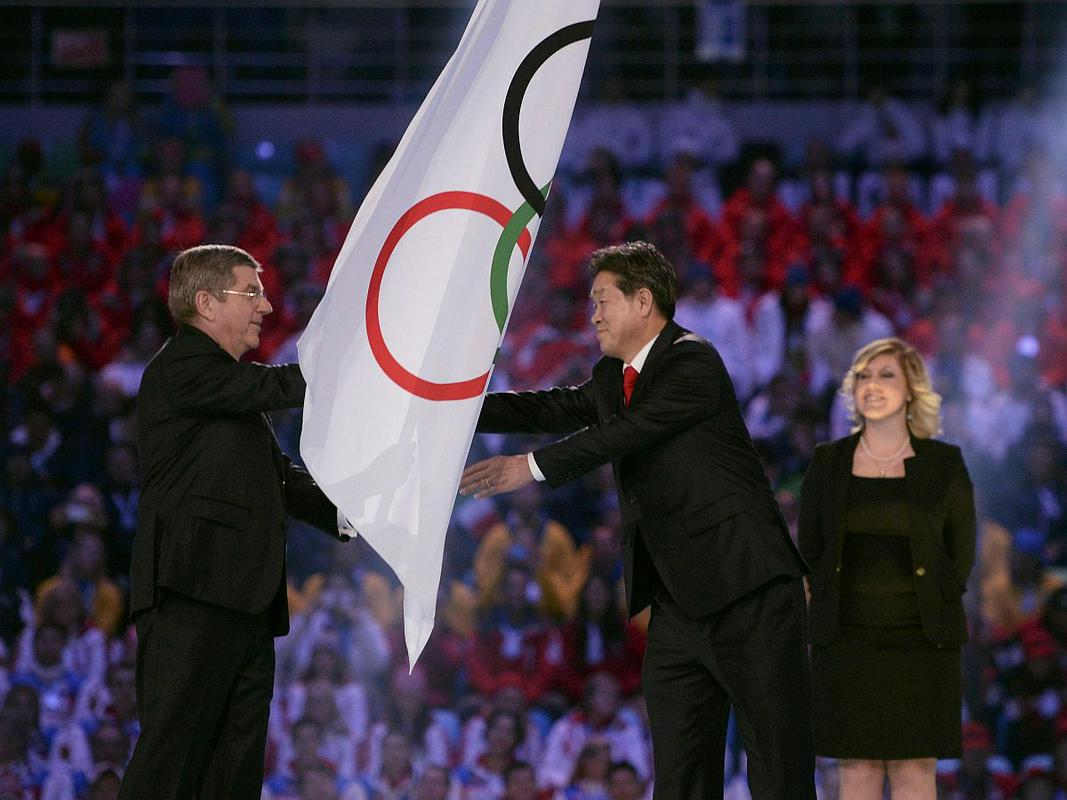At the Black Sea, in the Krasnaya Polyana ski resort, and at all the venues where the 22nd Winter Olympic Games were held, all the Slovenes (athletes, coaches, members of the Olympic team, officials, supporters and journalists) were in a very good mood: they expressed pride, were full of verve and in a state of euphoria. As far as I could notice it via the Internet, a similar atmosphere can also be sensed in Slovenia.
However, this will not last for long.
The athletes and their hardly repeatable achievements will be in the foreground for a few days, when at several receptions we will witness backslapping of proud notables. However, soon economic difficulties will again be foregrounded (of course, this is right since resolving these difficulties can only have a positive impact on the development of the Slovene sport), as well as political games and similar.
What future will the Slovene sport face? Can we achieve more success? I’m sure it will be very difficult to achieve the same results again. On the last day of the Olympics, when I was wandering around the Olympic park, thinking about the achievements of the Slovenian team, I met by coincidence Mick Enkelaar, whom I’ve introduced in one of my earliest columns from Sochi. Mick keeps an official statistics at the International Olympic Committee. He knows all the numbers very well and he very quickly responded that Slovenia is only one of the eight countries which in Sochi have increased the number of medals won.
When he noticed that I had expressed doubt, he started telling me about the development of his homeland, the Netherlands, which is one of the eight countries to have improved their results. Not only have the Netherlands improved their result, thanks to the exploits in speed skating their record was sent into the stratosphere – from 11 to 24 medals. “In the 1994 Olympics, we won only 4 medals. Then, we gradually achieved success. Speed skating has become more popular due to the media and live TV broadcasts, so many children became familiar with and enthusiastic about skating. Only such an upward spiral can bring success,” he said. “Due to a growing interest in this sport more money came in, and individual teams began to form. Skaters were allowed better possibilities for training and better coaches. Achieving success, sport is becoming increasingly popular among the young. Only the young are the key to a bright future,” he said proudly.
Of course, Slovenia and the Netherlands are not to be equated since the latter has achieved almost all of its medals in just one sport. The development and success of their country are easier to understand due to great financial contribution, national interest and a positive public image.
Nevertheless, in contrast to the Netherlands, the Slovene sport is more diverse and abundant. The Slovenian athletes have won medals in as many as five different sports. Despite the fact that Slovenia has a small population, we have successful teams in all major sports who have ever since been selected for greatest competitions (football), and who can lead the best teams a merry dance (ice hockey, volleyball) or can win medals (basketball, handball).
And what comes next? Enkelaar is sure that for the Netherlands individual teams have played a decisive role in the development. This has proved a golden decision also in Tina Maze’s case; still, it cannot be the only formula or way. There must be someone responsible for providing a base of young and promising athletes. This falls on sport associations and clubs which will have to – in spite of all unfavourable economic circumstances – create and maintain the environment in which another athletes will be produced, such as Peter Prevc, Žan Košir, Vesna Fabjan and others.


































































